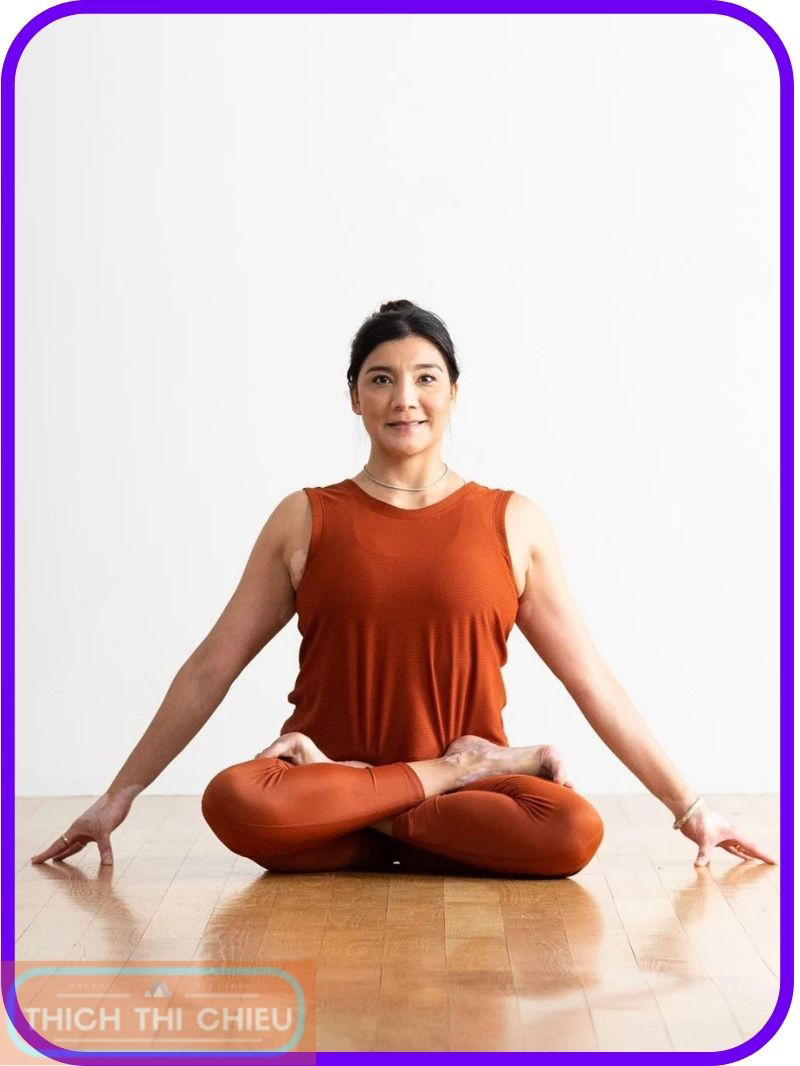In today’s fast-paced world, where information is constantly bombarding us from all sides, a sharp memory is more crucial than ever. While technology can store vast amounts of data, it’s our ability to recall and utilize information that sets us apart. Enter yoga, an ancient practice with profound benefits for both the body and mind, offering a powerful tool for enhancing memory and cognitive function.
Regular yoga practice not only improves flexibility, strength, and balance but also stimulates the brain and nervous system, leading to better memory retention, concentration, and focus. Additionally, yoga’s emphasis on mindfulness and breathwork helps reduce stress and anxiety, which can further impede memory performance.
This article delves into the science behind yoga’s memory-enhancing effects and introduces five effective yoga poses that can help you sharpen your mental acuity. Embrace the ancient wisdom of yoga and embark on a journey to unlock your true cognitive potential.
Yoga’s Impact on Memory
Enhance Blood Flow to the Brain
Adequate blood flow is essential for optimal brain function, including memory formation and retrieval. Yoga poses that promote inversion, such as Shoulder Stand (Sarvangasana) and Downward-Facing Dog (Adho Mukha Svanasana), increase blood circulation to the brain, delivering essential nutrients and oxygen to nourish and support its activities.
Stimulate Neurogenesis
Neurogenesis, the process of generating new brain cells, is crucial for memory formation and enhancing cognitive capacity. Studies have demonstrated that yoga can enhance neurogenesis in the hippocampus, a brain region critical for memory function. This increased neurogenesis provides the potential for expanding memory capacity and enhancing cognitive flexibility.
Reduce Stress
Chronic stress, a pervasive modern-day adversary, can impair memory function by disrupting the hippocampus and other brain regions associated with memory. Yoga’s stress-reducing effects, through deep breathing and mindfulness practices, help protect the hippocampus and promote memory retention. By cultivating stress resilience, yoga fosters an environment conducive to optimal memory function.
Improve Sleep Quality
Restful sleep is essential for memory consolidation, the process of transferring newly acquired information into long-term memory. Yoga’s ability to improve sleep quality, through its calming and relaxing effects, can indirectly enhance memory performance. By promoting deeper and more restorative sleep, yoga creates an environment conducive to memory consolidation and retention.
Effective Yoga Poses for Memory Enhancement
Padmasana (Lotus Pose)
Padmasana, a classic meditative pose, promotes relaxation, focus, and blood flow to the brain. The gentle pressure on the hips and thighs releases tension, while the upright posture and closed eyes encourage inward focus. This pose is ideal for calming the mind and enhancing concentration, fostering an optimal state for learning and memory retention.
Sarvangasana (Shoulder Stand Pose)
Sarvangasana, an inversion pose, increases blood flow to the brain and stimulates the nervous system. By inverting the body, gravity gently pushes blood towards the brain, delivering a surge of nutrients and oxygen. This pose also activates the parasympathetic nervous system, promoting relaxation and reducing stress, both of which can hinder memory function.
Halasana (Plow Pose)
Halasana, another inversion pose, further enhances blood flow to the brain and promotes relaxation. Similar to Sarvangasana, Halasana inverts the body, increasing blood circulation to the brain and nourishing its cells. This pose also stretches the spine and releases tension in the shoulders and neck, promoting overall relaxation and stress reduction, both of which are essential for optimal memory function.
Vrikshasana (Tree Pose)
Vrikshasana, a balancing pose, improves balance, focus, and body awareness. Balancing on one leg engages the core muscles and enhances proprioception, the sense of body position and movement. This pose also promotes mental focus and concentration, which are essential for encoding and retrieving information from memory.
Bhramari Pranayama (Humming Bee Breath)
Bhramari Pranayama, a breathing technique, promotes relaxation, concentration, and circulation to the brain. The humming sound created during this pranayama vibrates through the sinuses and facial bones, inducing a calming effect on the mind and nervous system. This focused breathwork also improves circulation to the brain, delivering essential nutrients for optimal cognitive function.
Tips for Enhancing Memory with Yoga Poses
To harness yoga’s memory-enhancing benefits, incorporating specific poses into your practice can be particularly beneficial. Here are some tips for using yoga poses to improve memory:
Choose the Right Poses
Focus on poses that promote blood flow to the brain, stimulate neurogenesis, reduce stress, and improve sleep quality. Effective poses include Padmasana (Lotus Pose), Sarvangasana (Shoulder Stand Pose), Halasana (Plow Pose), Vrikshasana (Tree Pose), and Bhramari Pranayama (Humming Bee Breath).
Practice Regularly
Consistency is key to reaping yoga’s memory-enhancing benefits. Aim to practice for at least 20-30 minutes, 3-5 times a week. Regular practice allows your body and mind to adapt to the poses and experience the full effects.
Listen to Your Body
Honor your body’s limitations and avoid pushing yourself to the point of pain or discomfort. Modifications and variations are always welcome, ensuring that yoga remains a safe and enjoyable practice.
Combine with Mindfulness and Breathwork
Integrate mindfulness and breathwork techniques into your yoga practice. Deep breathing exercises and mindful awareness can enhance the cognitive benefits of the poses and promote overall well-being.
Seek Guidance from an Experienced Yoga Instructor
Consider working with a certified yoga instructor to ensure proper alignment and technique. A knowledgeable instructor can tailor your practice to your individual needs and goals.
Enhance Your Overall Lifestyle
Combine yoga with other memory-enhancing practices, such as brain training exercises, healthy eating habits, and adequate sleep. A holistic approach will maximize your memory potential.
Be Patient and Consistent
Memory enhancement takes time and dedication. Be patient with yourself and observe the gradual improvements in your memory and cognitive function. Consistent practice is essential for reaping the long-term benefits of yoga.
With regular practice, yoga can be a powerful tool for improving memory and cognitive function. Hopefully, the above article of TTC has provided you with useful information. If you have any questions or concerns, please leave a comment below.











Leave a Reply